
BioWare’s acclaimed franchises, Mass Effect and Dragon Age, are known for their interconnected narratives, with games that enhance rather than stand alone. This principle extends to Dragon Age, which introduces a new protagonist in every installment while still weaving players’ choices into the overarching storyline. In BioWare’s worlds, players anticipate that decisions made in one game will influence future titles, enriching the overall experience.
As each new game is introduced in a series, the complexity of canon becomes increasingly apparent. This is particularly evident as we approach Mass Effect 4, considering the significant changes to the galaxy at the end of Mass Effect 3. With multiple possible outcomes leading to a virtual reboot of the universe, the challenge for developers lies in clarifying how player choices will affect the narrative, character arcs, and overall world state. The mixed reception to the limited import options in Dragon Age: The Veilguard highlights the necessity for transparency regarding the scope of player agency in Mass Effect 4.
The Significance of Choice in Mass Effect
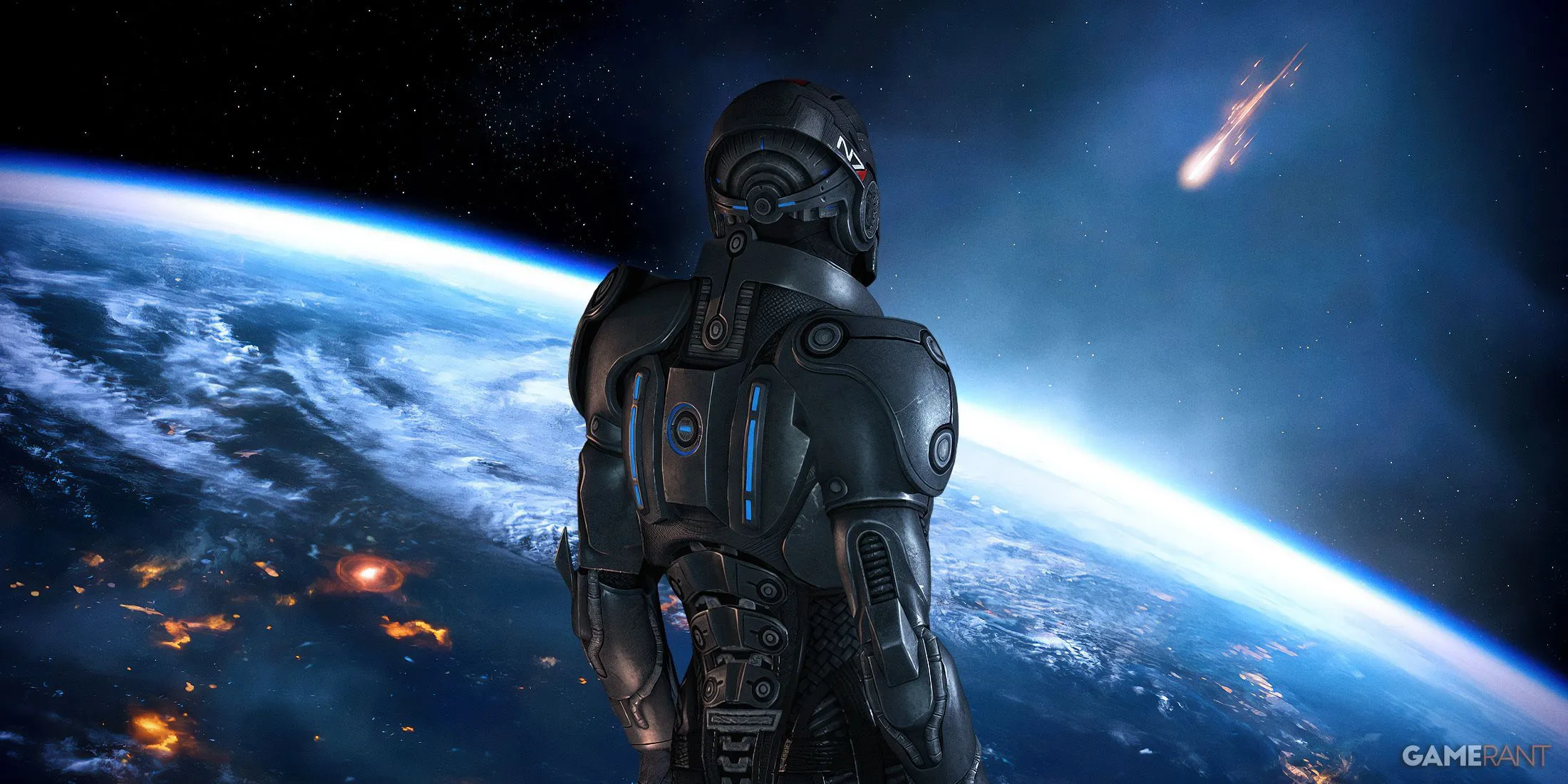
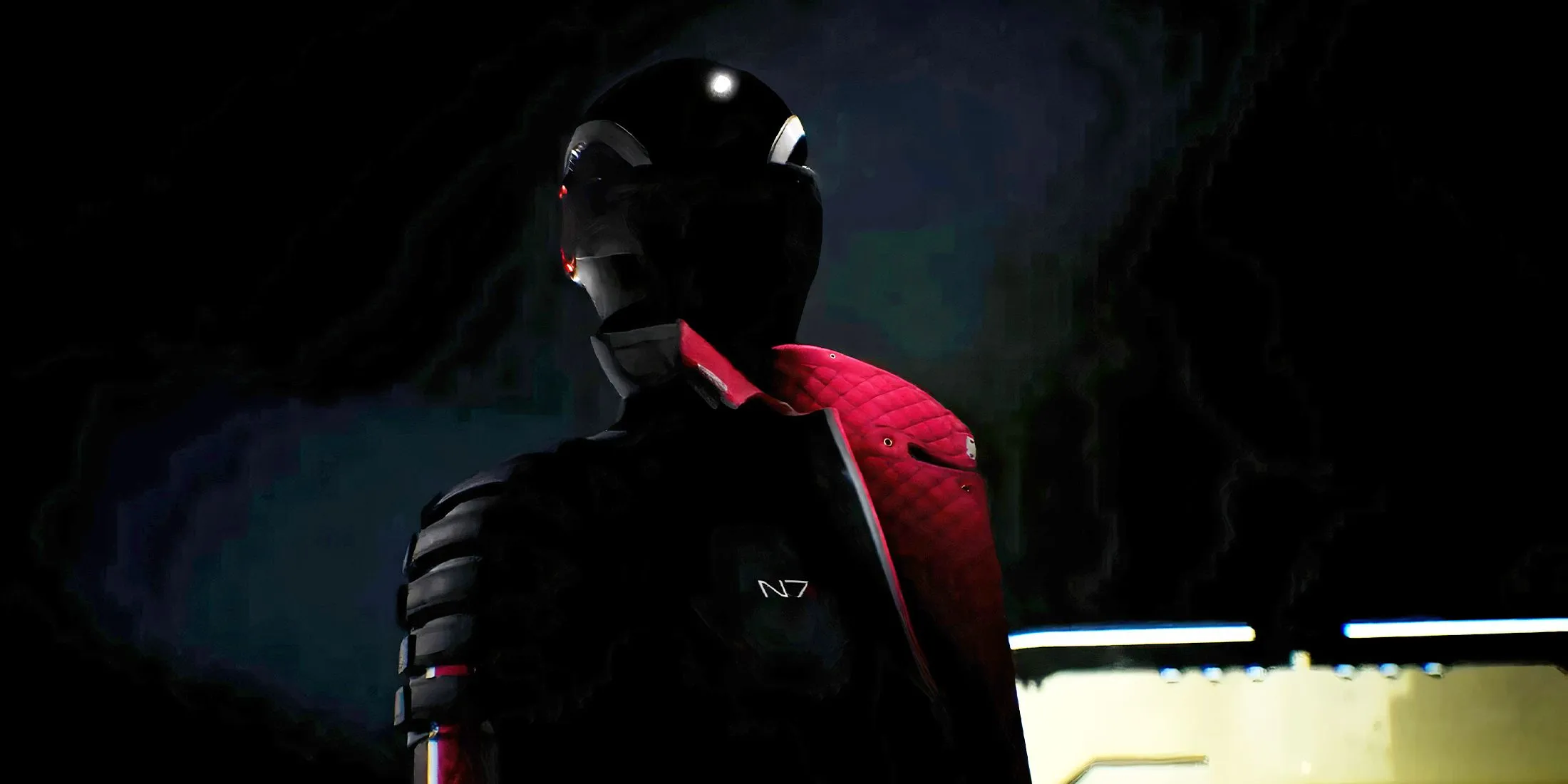
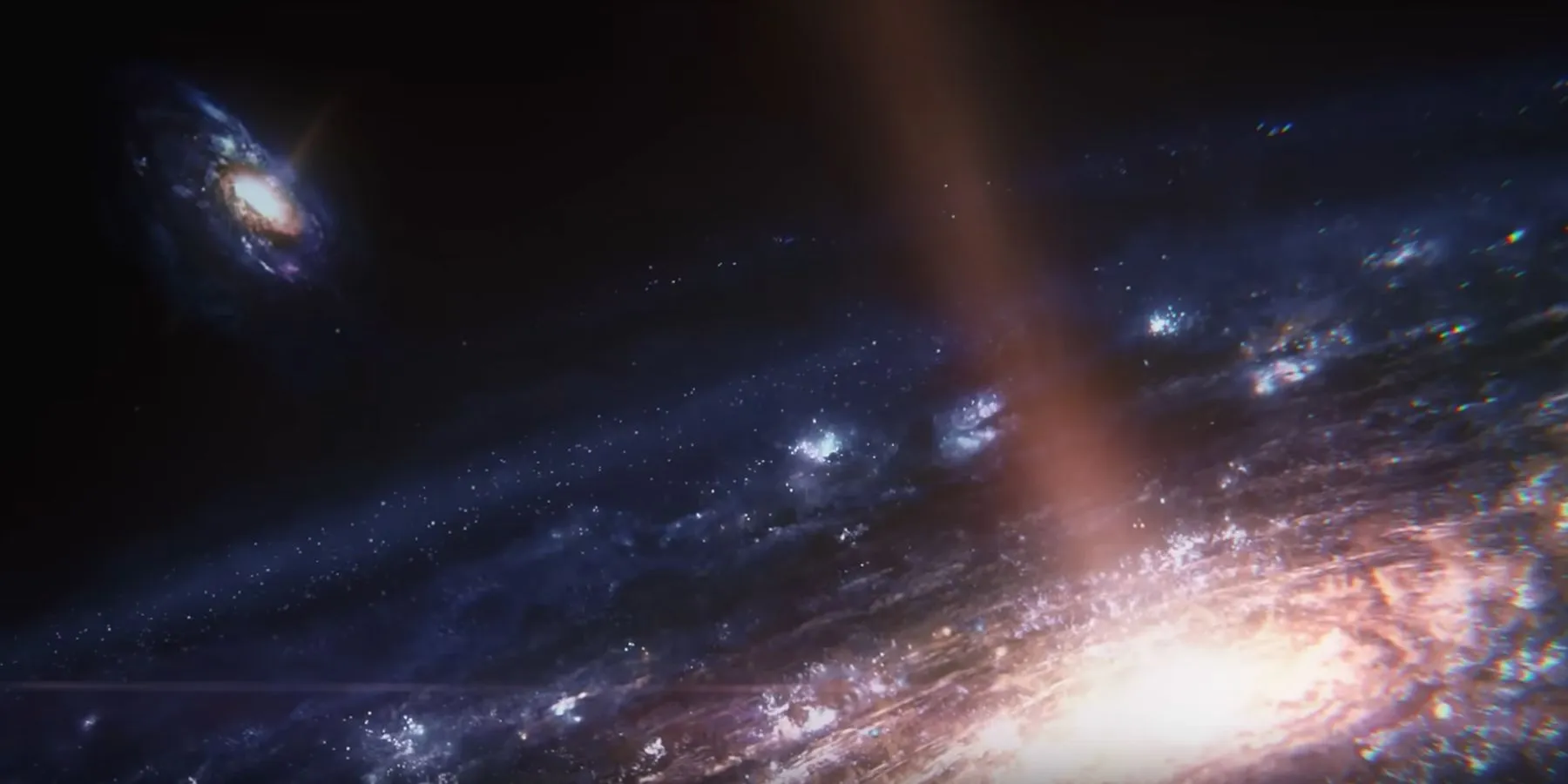
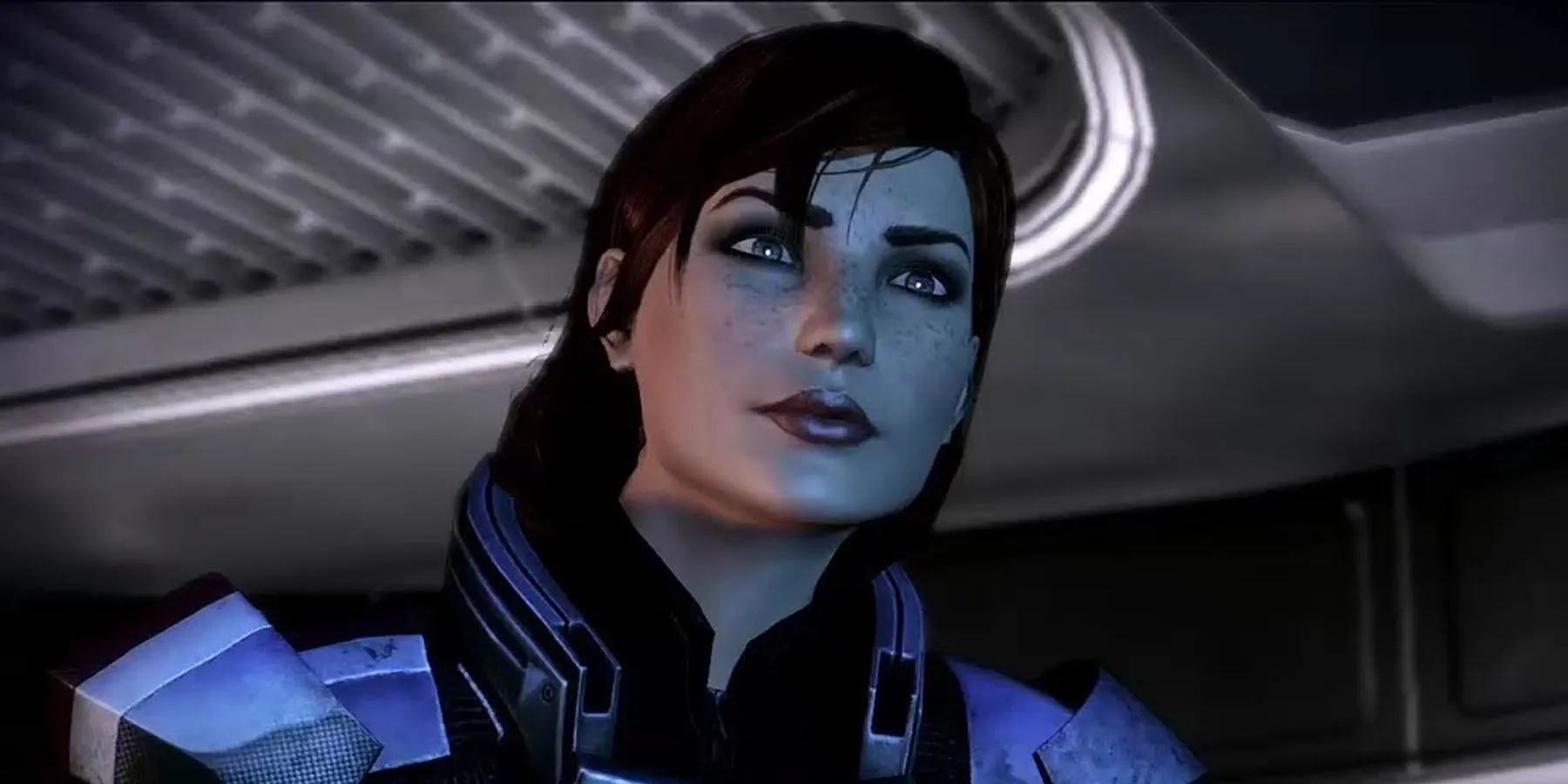
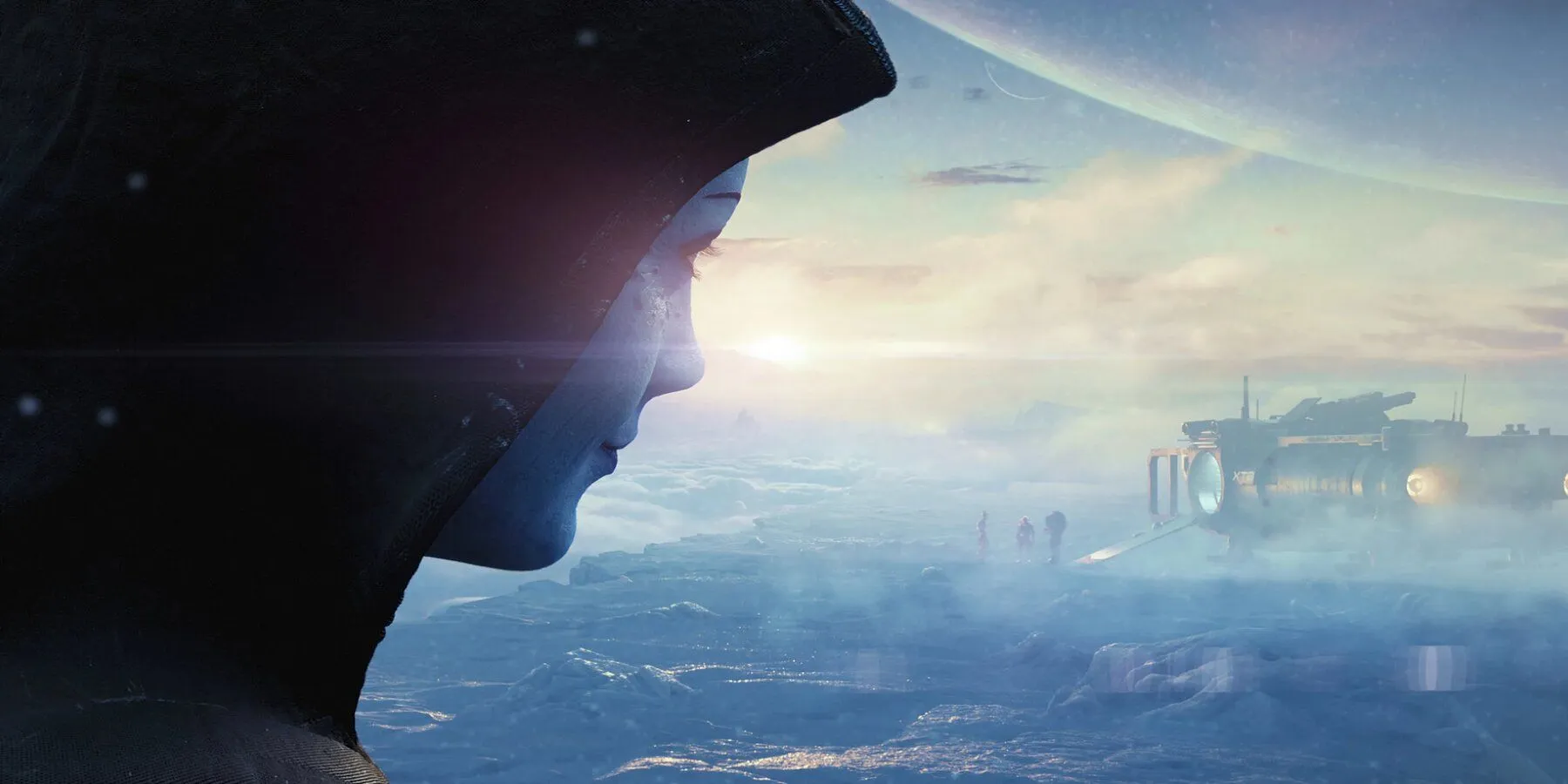
The recent installment, Dragon Age: The Veilguard, has altered players’ expectations regarding continuity in storytelling, as it only carried forward a handful of pivotal decisions from its predecessors. As speculation surrounds a potential fifth title in the Dragon Age series, many fans are left wondering whether their choices in the latest game will influence future developments, especially since BioWare’s focus appears to have shifted back to Mass Effect.
The essence of consequence and payoff resulting from player choices has long been a crucial element in the Mass Effect series. Compared to Dragon Age, the continuity of characters and events tied to a single protagonist simplifies the incorporation of player decisions. The teaser trailer for Mass Effect 4 hints at significant repercussions, featuring wrecked Reapers scattered throughout a recovering galaxy and Liara salvaging what seems to be Shepard’s N7 armor. This suggests that the ending known as “Destroy”from Mass Effect 3 may be considered canonical, a bold move that could redefine BioWare’s storytelling approach.
The Future of Mass Effect and BioWare
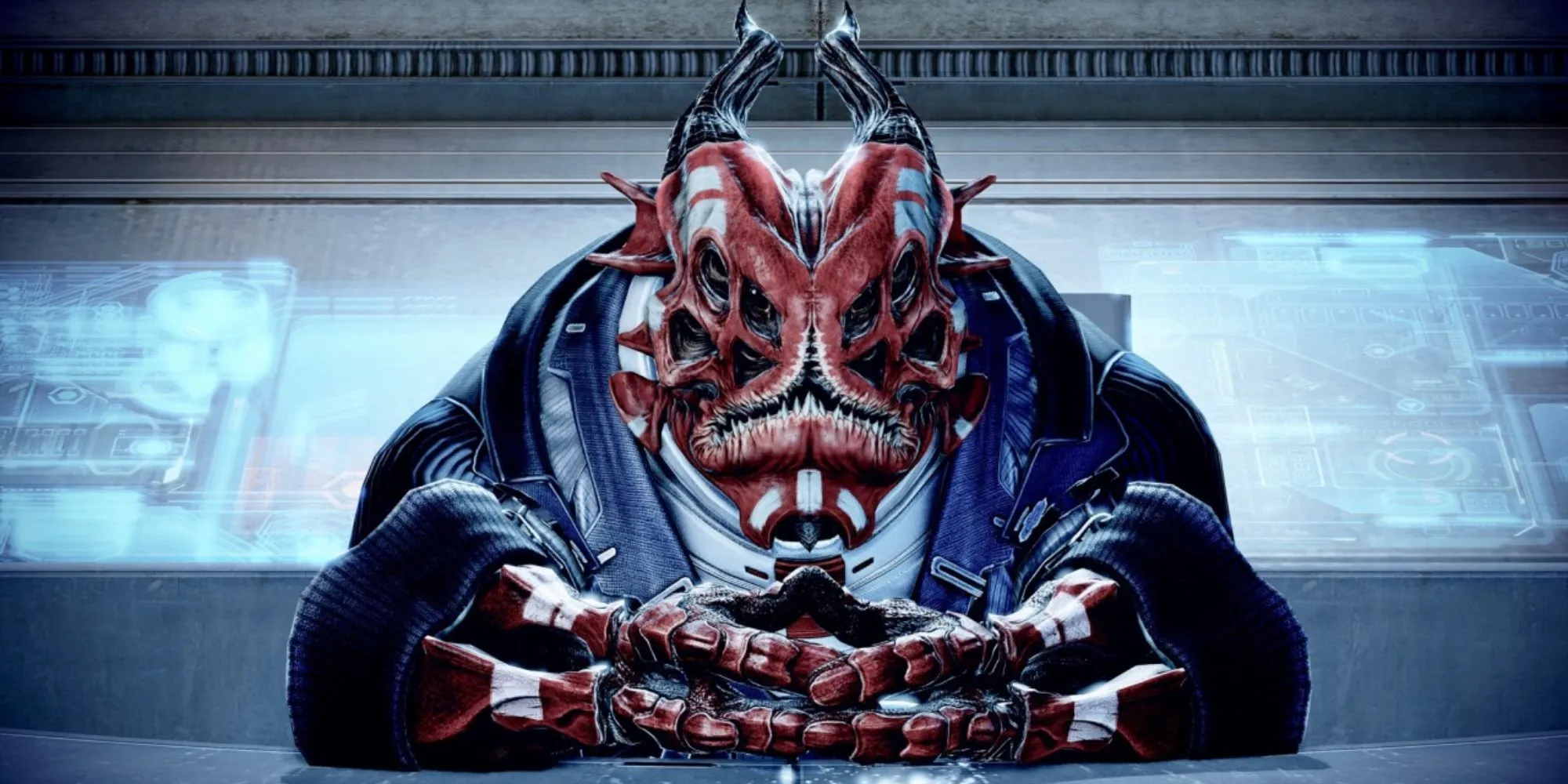
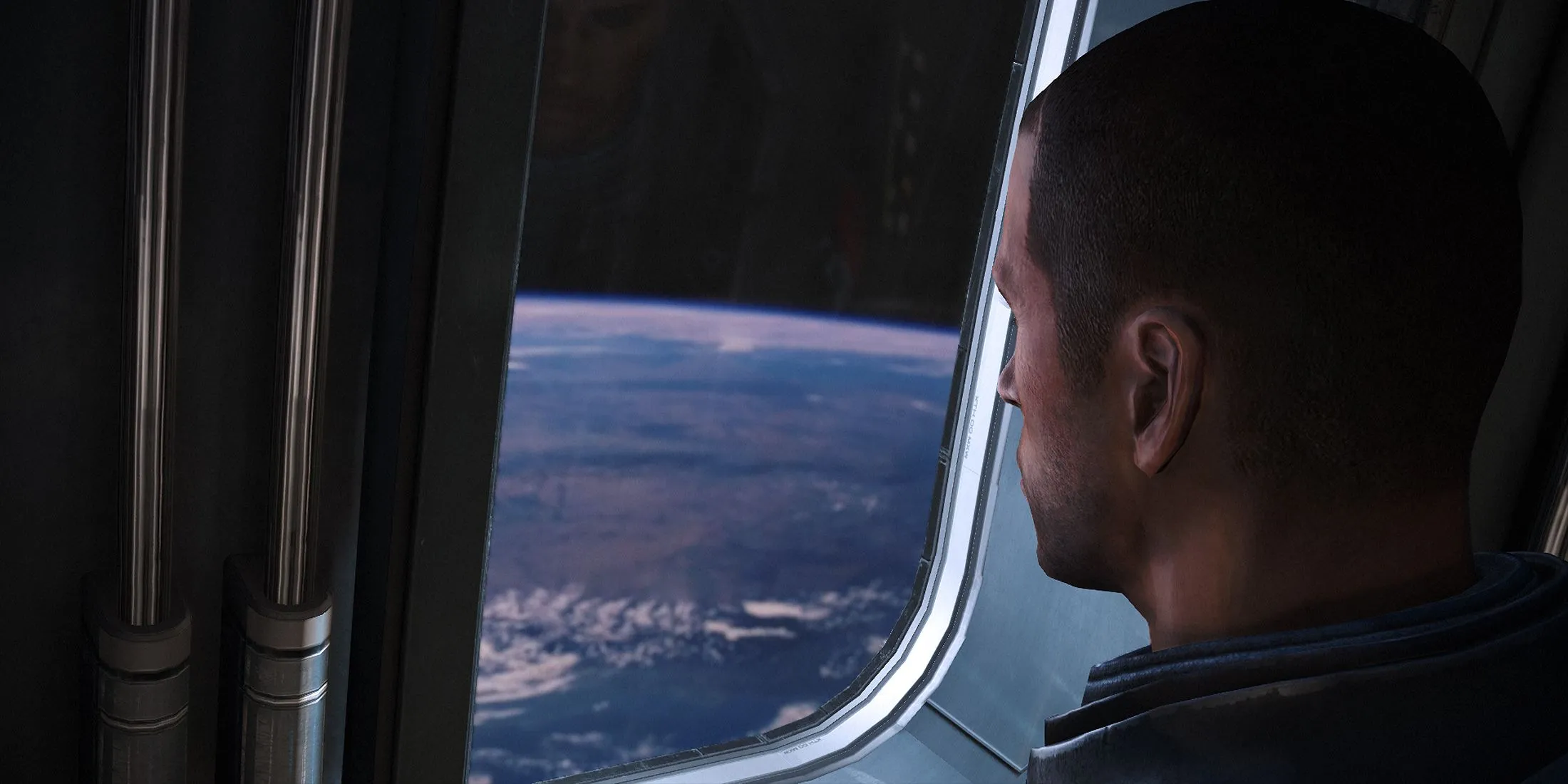
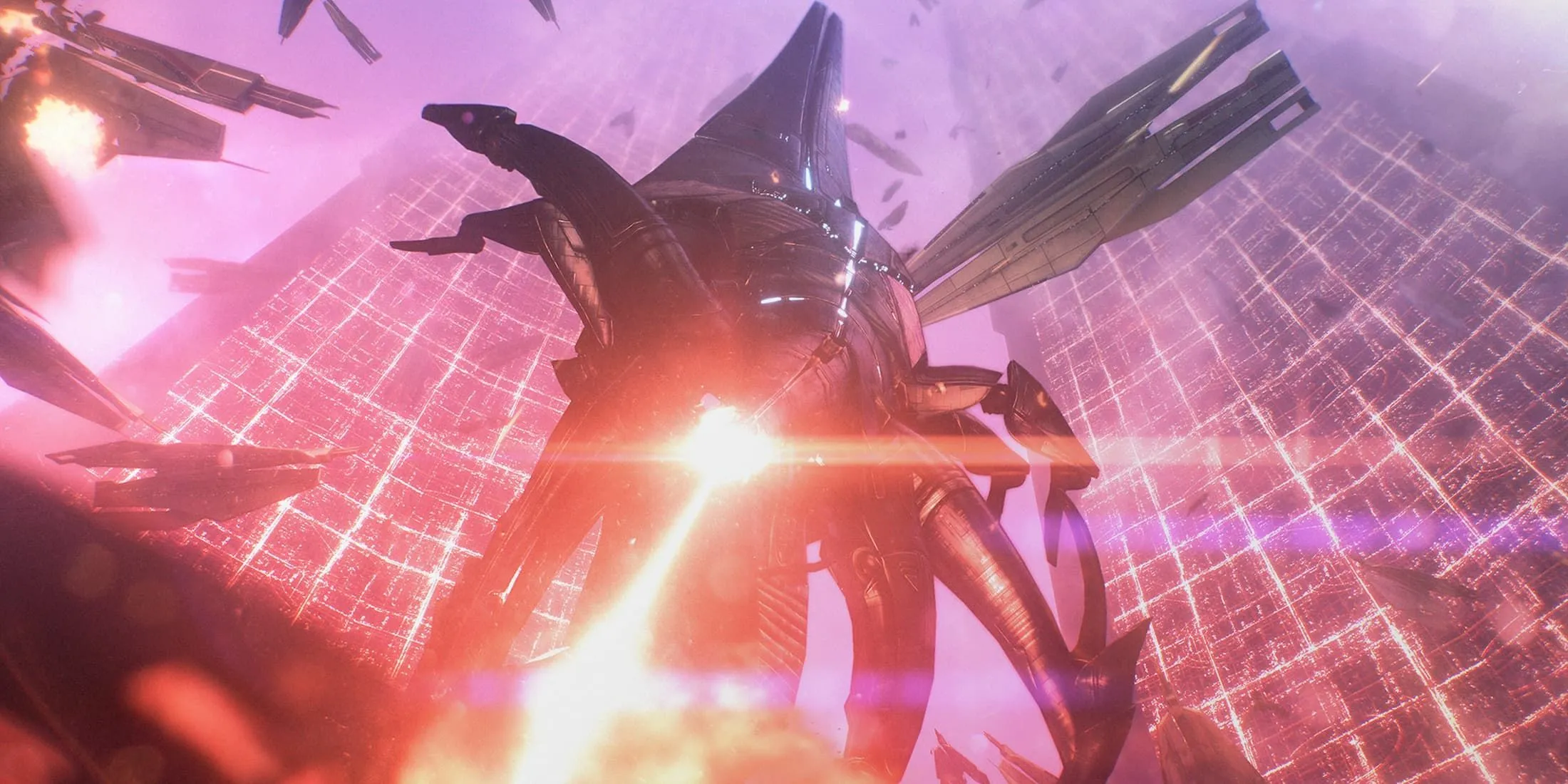
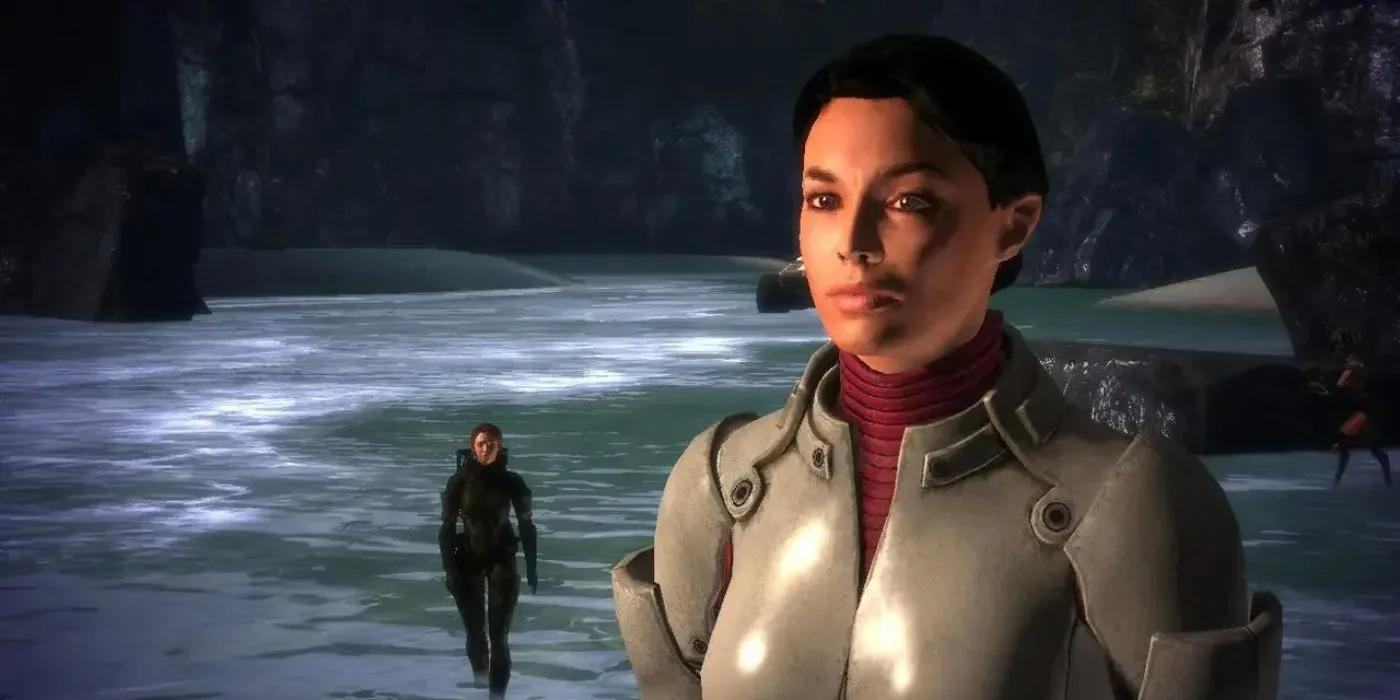
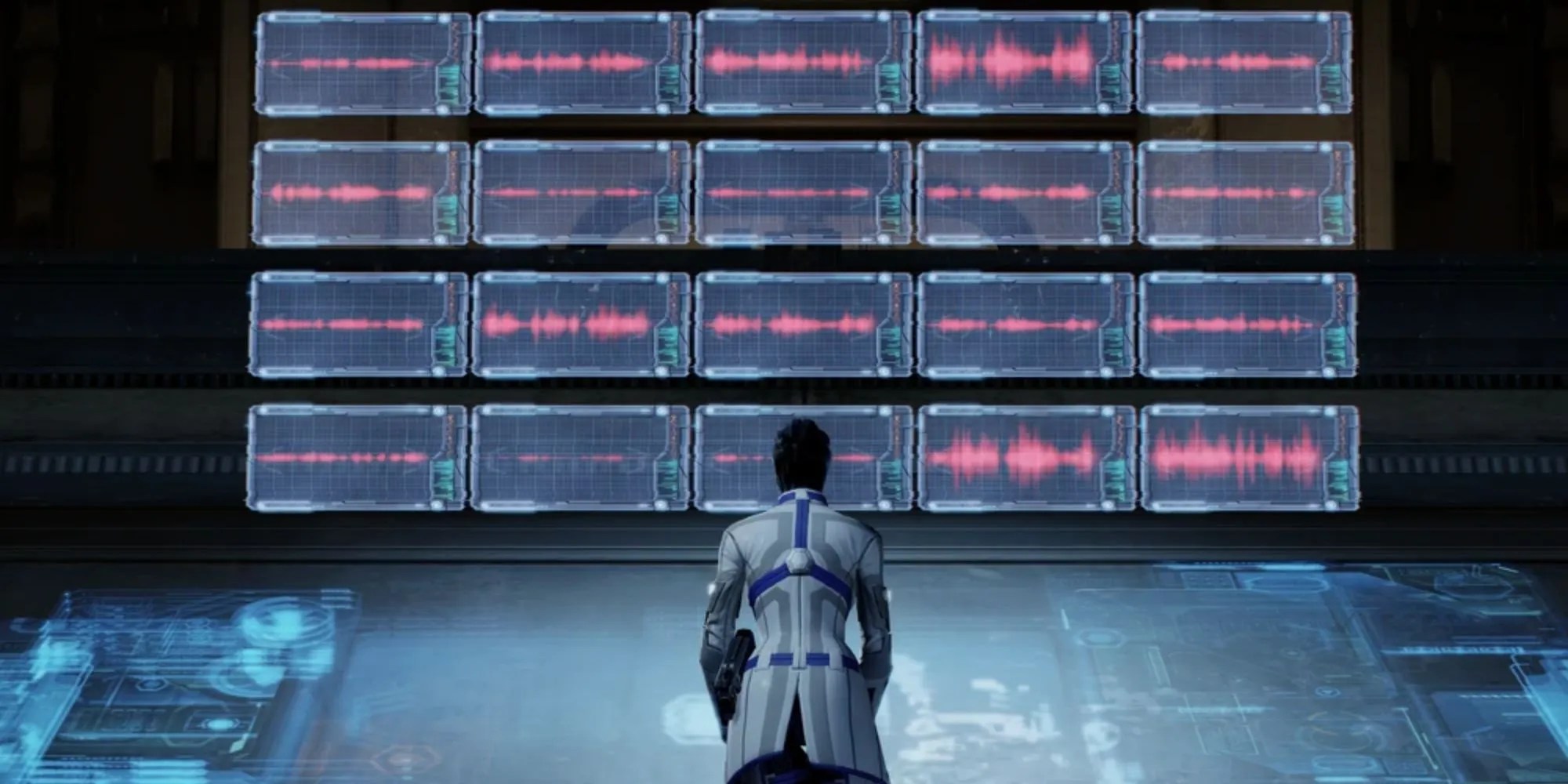
Although details surrounding Mass Effect 4 remain scarce, one critical aspect BioWare needs to clarify is the impact of player choices from both the original trilogy and Mass Effect: Andromeda. The limited options available for world state imports into Dragon Age: The Veilguard led to discontent among the fanbase, particularly regarding the timing of this revelation during the marketing campaign.
For Mass Effect 4, it is vital for BioWare to communicate the game’s position within the overall timeline, what, if any, choices from earlier games will carry over, and how decisions made in this new installment might influence future adventures in the Mass Effect universe. Setting these expectations will help fans align their hopes with the reality of modern game development, especially given the lengthy intervals between installments.




Leave a Reply